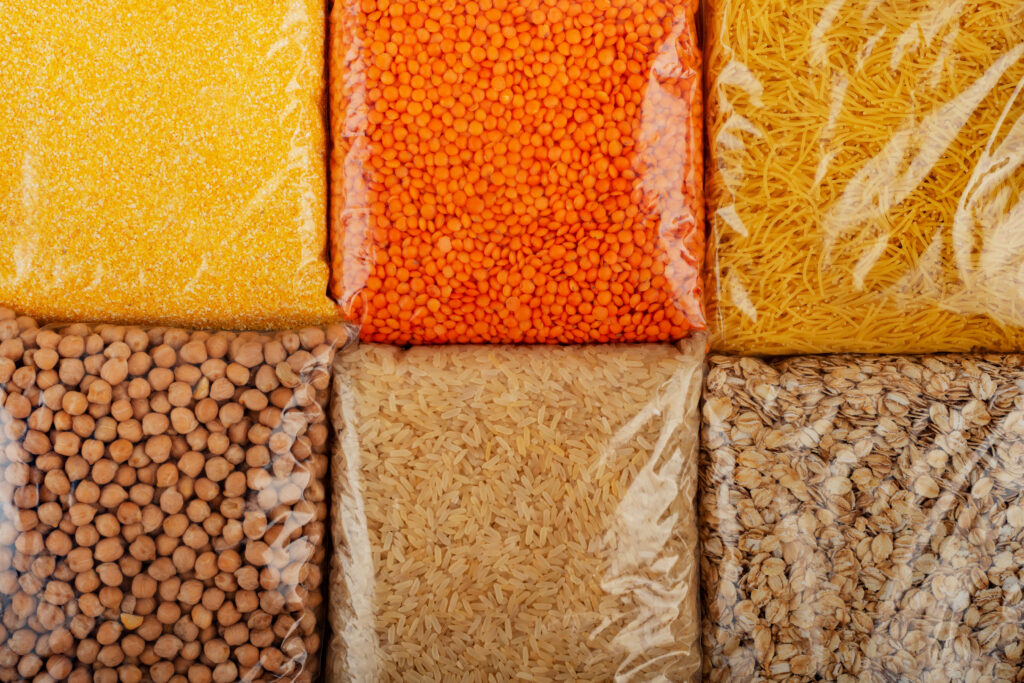Food is a fundamental human need, essential for survival and well-being. Yet, for millions of people around the world, access to an adequate and nutritious diet remains uncertain. Food insecurity, defined as the lack of consistent access to enough food for an active, healthy life, is a pervasive issue that affects individuals and communities across the globe. With leading scientific journals like The New England Journal of Medicine (NEJM) and BioMed Central (BMC) starting to focus more on nutrition in medicine, with the latter even beginning a review series, it’s important to remember existing social determinants that can affect an individual’s ability to eat healthy. In this blog post, we’ll delve into the possible effects that food insecurity may have, using OneHealth Pro to explore well-known and surprising consequences that should be addressed by the scientific and political communities.
The Scope of Food Insecurity
Food insecurity is a multifaceted problem that manifests in various forms, from chronic hunger and malnutrition to inadequate access to nutritious foods. According to the U.S. Department of Agriculture (USDA), in just the U.S. alone, an estimated 12.8% of households were facing food insecurity in 2022. What’s more concerning is that this is a growing figure, a significant increase from the 10.2% of households facing food insecurity in 2021. If even the U.S., well regarded as a technologically advanced and developed country, faces widespread food insecurity, one can understand how globally, this issue is exacerbated.
Health Issues of Food Insecurity
Using OneHealth Pro, we can identify the most prevalent diseases/health conditions that food insecurity is a risk factor for. Filtering for relationships with more than 20 peer reviewed studies (published only after 2000), OneHealth Pro found a multitude of health conditions that food insecurity was negatively associated with (Figure 1). It’s important to note that food insecurity was not a positive determinant (bettered/had a positive effect on) for any condition listed in the OneHealth Pro database.
Mental Health
While many conditions listed in OneHealth Pro are expected, such as “undernutrition”, “malnutrition”, “obesity”, and “underfed”, there are many conditions which are fairly surprising. Mental health conditions such as “social fear” and “depressive disorder” stand out, with the latter being one of the most supported relationships in the database. The American Journal of Public Health summarized the intensity of the situation back in 2009, stating that “food insecurity is a serious public health problem associated with poor cognitive and emotional development in children and with depression and poor health in adults.” The effect on children and adolescents is well-studied, with multiple journals containing strong supporting evidence. Specifically, one article stated that, “controlling simultaneously for other aspects of socioeconomic status, standardized food insecurity was associated with an increased odds of past – year mood, anxiety, behavior, and substance disorders.”
HIV Infection
One of the most interesting findings from the query on food insecurity in OneHealth Pro is its significance as a risk factor for HIV infection. In fact, an article published in The American Journal of Clinical Nutrition strongly connects the two, expressing “food insecurity, which affects > 1 billion people worldwide, is inextricably linked to the HIV epidemic.” Interestingly, many studies state that food insecurity’s relationship with increased rates of HIV infection is largely driven by the negative mental and social health effects, as food insecurity “can have mental health consequences , such as depression and increased drug abuse, which, in turn, contribute to HIV transmission risk.”Furthermore, food insecurity not only makes individuals more susceptible to HIV, but also contributes to “incomplete HIV viral load suppression, increased probability of AIDS-defining illness, and AIDS-related mortality among HIV-infected individuals.”
Conclusion
Food insecurity is a complex and multifaceted challenge that requires coordinated efforts and collective action to address effectively. By understanding its scope and recognizing its far-reaching consequences, we can begin raising more awareness on this increasing issue. Whether through policy advocacy, community engagement, or individual action, each of us has a role to play in creating a future where access to nutritious food is a universal right, not a privilege.




